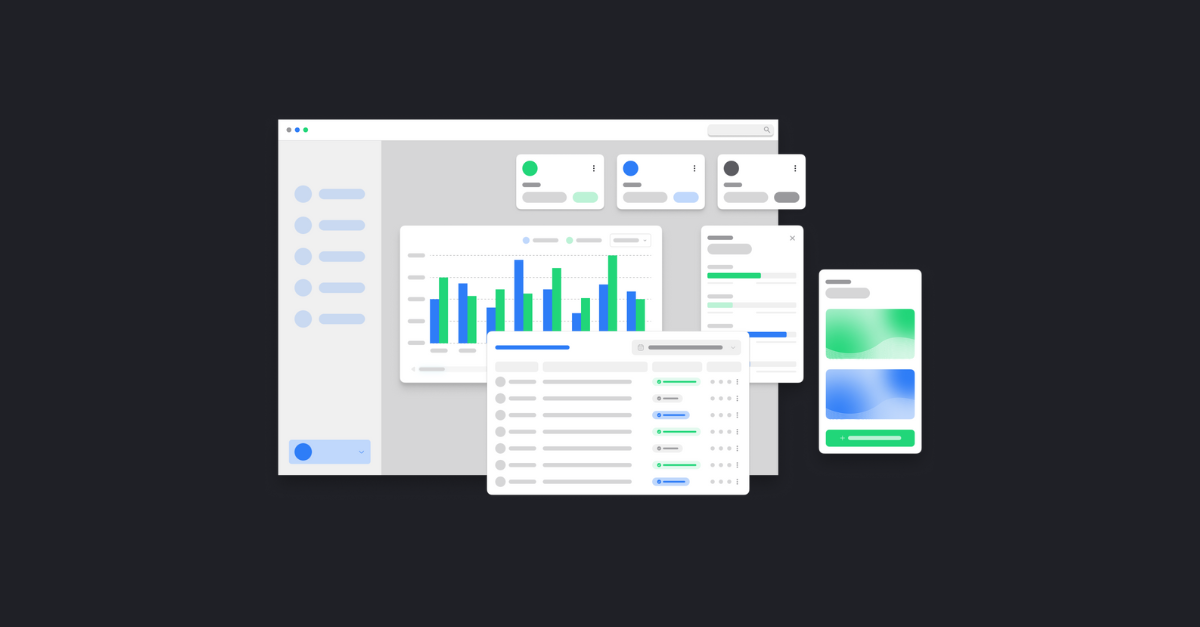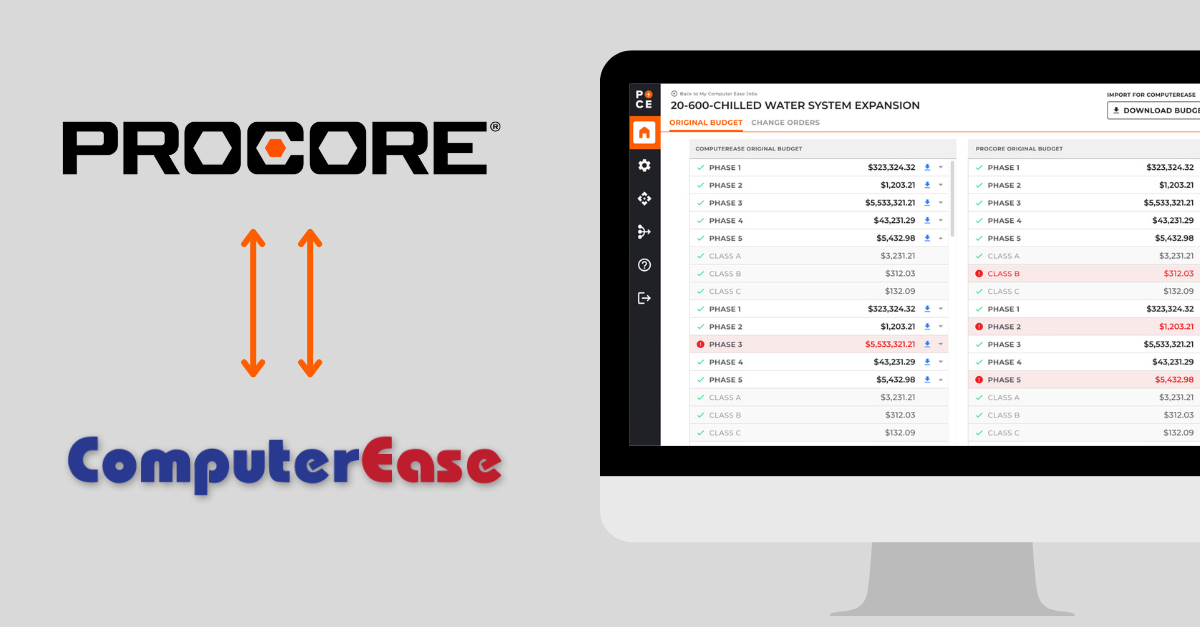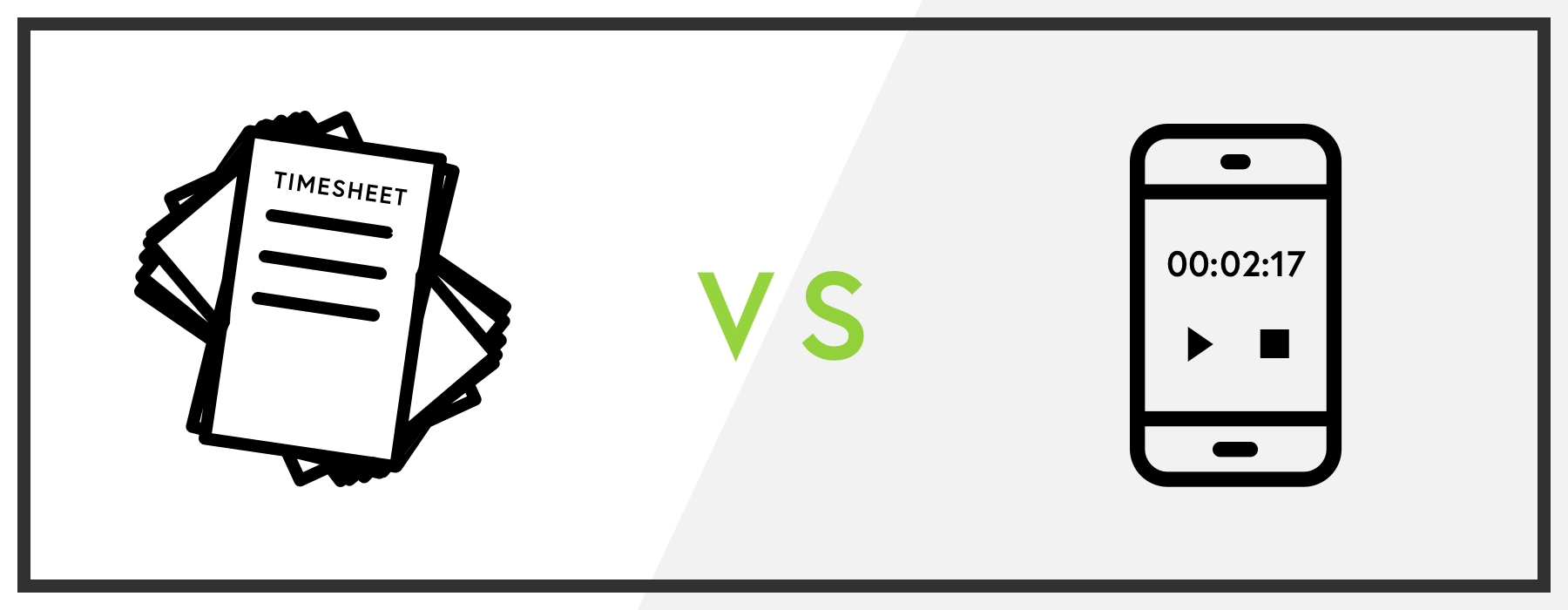
In today’s market, efficiency demands that companies resort to computerized and automated systems to monitor and report every aspect of the business. These programs are crucial for business decision makers as data must be easily accessible, current, reliable, and be able to tell the “inside” story at a minute’s notice.
The business world is more sensitive than ever, and with various departments such as IT and accounting, intercompany efforts need to be charged back, reconciled, and accurately tracked. Time management and tracking has become essential in business and it is key that companies utilize it in the most effective manner possible.
In a comparison of two different types of software, off-the-shelf and customized, we see that both are able to offer time-tracking proficiencies. However, while each option offers time-tracking facilities, the way in which they provide this capability is quite different. One solution offers consumers the luxury of designing and building their own customized tool while the other does not. While the choice might seem initially obvious, off-the-shelf solutions often provides features that businesses find useful and rewarding.
Benefits of Time Tracking Software
There are many advantages of using time-tracking software. For one thing, software of this type is an excellent tool when it comes to managing payroll as well as being an essential requirement when billing customers for work done. Additionally, when employees use time-tracking software in their day-to-day tasks, they are more focused on the requirements of the job which further improves workflow.
Time tracking software is also a great way to save on business expenses as they record and monitor almost everything in terms of money, time, and performance. Perhaps the best thing about tracking software is the fact that it has enabled employees to take charge of their own schedules. This not only gives them more freedom, but also enhances their workplace communication and productivity.
This article will review time tracking software from two different angles to try and determine which is the best option for your business based upon your specific needs.
Each offering has different criteria and requirements, and budgets vary depending upon what the requirements and goals for the business are.
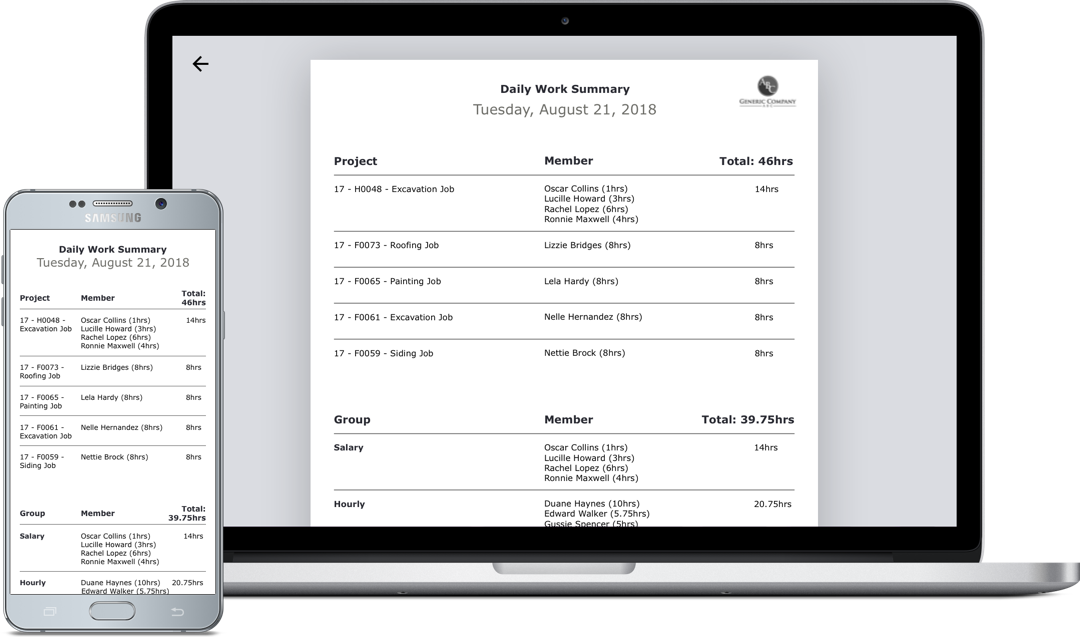
Off-the-Shelf Time Tracking Solutions
Most solutions utilized are of the off-the-shelf variety. Some of these are online solutions while others require in-house servers to host the solution. They generally have simple and generic designs in an effort to appeal to the largest audience and, generally, give an average and satisfactory answer to most criteria.
Off-the-shelf solutions will probably not meet the exact criteria of a business, but it may be “good enough”. While off-the-shelf solutions are generally not as expensive as customized offerings, they still do have a cost associated with them, although in a few cases, free resources might be sourced that can meet most of your business needs. Off-the-shelf solutions are great for smaller businesses and companies that are just starting out, but there are some disadvantages to them.
First of all, as mentioned, off-the-shelf software is built to address the most common and general issues experienced by a whole host of companies. Customization of the solution is possible, but it is often quite costly both in time and money. In some cases, it’s actually not even possible which makes integrating it with other internal systems difficult. This can be problematic with time tracking software, or even a package that simply includes time tracking as one of its features.
Businesses do not have much, if any, say in the production or design of this software, so it may not meet the exact business plans or structure. Furthermore, if a company uses the wrong type or version of off-the-shelf software they run the risk of causing more harm to the business by forcing staff to use a tool that does not actually match the way in which they work. The production or design of this software may not allow for customization, or tying into other systems the business is using. This ends up costing the business even more in terms of time and efficiency.
From a positive point of view, off-the-shelf software packages are often sold in large quantities, so if this solution is sourced the chance of the software having a bug is low. Unfortunately, this does also mean that the development cycle is somewhat extended as new releases need to be tested against a host of different environments and scenarios to ensure that it is accessible to the largest possible customer base.
It’s important to note that not all companies use the software in the same way – so off-the-shelf software companies are forced to comply with the masses. This type of software is good for emergencies as well as getting the job done quickly because it can be relied on not to fail when there is a heavy load on the system. It is good for basic, general transactions so it might be a suitable option for a small business owner with simple requirements. In this situation, it is important to ensure that the solution is not too robust for the requirements as purchase costs often depend on the services being delivered.
Customized Software
This is a tailored version of software. As a business owner or leader, requirements for the solution are shared with the development team in the design phase with constant testing and feedback while building a unique and customized solution. Customized software generally costs more than a standard off-the-shelf package but the return on investment (ROI) of this solution is often quite reasonable and can be measured in months. Unlike off-the-shelf solutions, there are many advantages when it comes to customized software. Let’s focus on time tracking.
Time tracking can be integral for some businesses as it helps create more efficiency as well as providing an increase in billable hours. When business begin tracking time, they have access to valuable information that can be utilized in a variety of different ways. With the help of a customized time tracking software, it is possible to prioritize work based on the greatest return for the business. It also helps in the creation of invoices as well as streamlines the work of accounting and billing teams to better realize revenue.
Customized software is built according to the needs of the business and with knowledge of the unique internal processes and tools that need to be integrated. This often means that the unnecessary bells and whistles offered by off-the-shelf software are simply not present. By reducing unneeded features, it is possible to save a significant amount of time, in and of itself!
The team at SPARK Business Works understands the importance of building a solution that actually meets the needs of the business. In working with the CSM Group of Companies, SPARK Business Works was able to design a solution that helped them ensure that 100% of their employees were entering their time tracking data on a weekly basis. From an accounting and payroll point of view, this was a huge benefit as it streamlined operations, saving time and minimizing mistakes. It also ensured that the company was properly billing for the time spent on multiple projects and allowed management a near real-time view of work in progress.
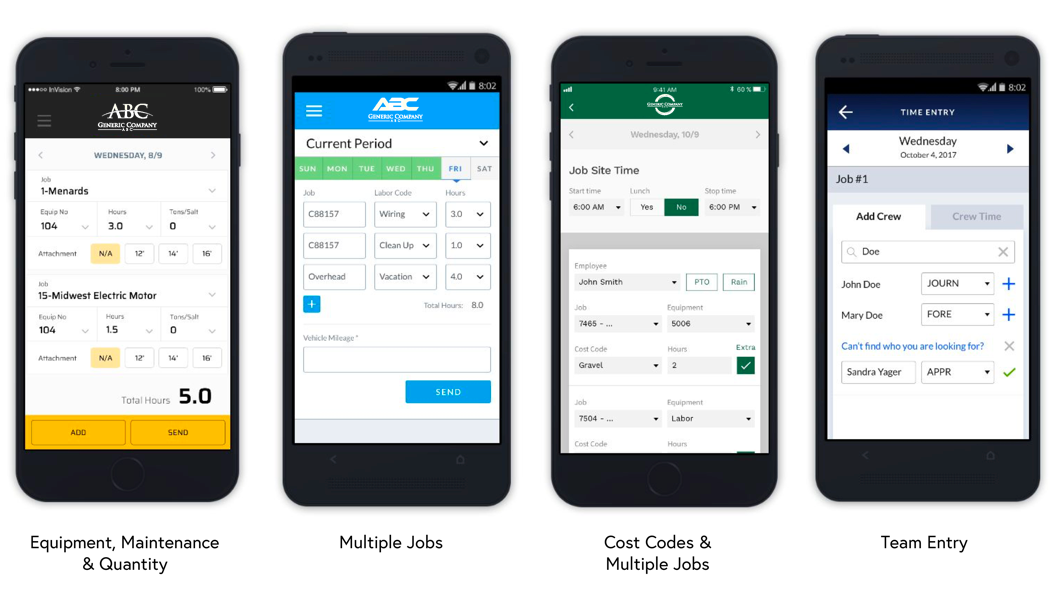
The Better Choice!
Data has shown that if purchasing, an off-the-shelf product often requires additional investment in effort, time and money on the customization and integration process. Fundamentally, customized software is developed precisely for an organization, by keeping in mind the nature of the business. A deep examination of the organization’s requirements is completed in tandem by the company stakeholders with the help of expert developers, who then endorse the solution and plan to meet a variety of issues including development time, budget, staff skills and overall resources. By purchasing a customized software solution, the control of the design, structure and format of the solution can be customized to the business and its requirements. This can particularly be helpful when using time trackers because when used along with customized software it helps to increase and keep track of billings. In fact, some employers can even use the tracker feature to enhance workplace performance and productivity.
Conclusion
Considering the factors just discussed, and after reviewing the two available types of solutions, the answer seems clear – customized software should be given preference over the off-the-shelf product. Some clients prefer off-the-shelf over the customized product due to time, budget, simple familiarity, and name recognition, but it’s important to take into consideration the positives and negatives of both options.
The requirements for efficient time tracking vary from company to company so it is safe to conclude that customized time tracking software is the best choice. Even if customized software costs more in the short term, the return from a productivity point of view cannot be discounted. Over time, the productivity, efficiencies, engagement, and accuracies will dramatically improve and will prove to be the less expensive option to off-the-shelf solutions.



